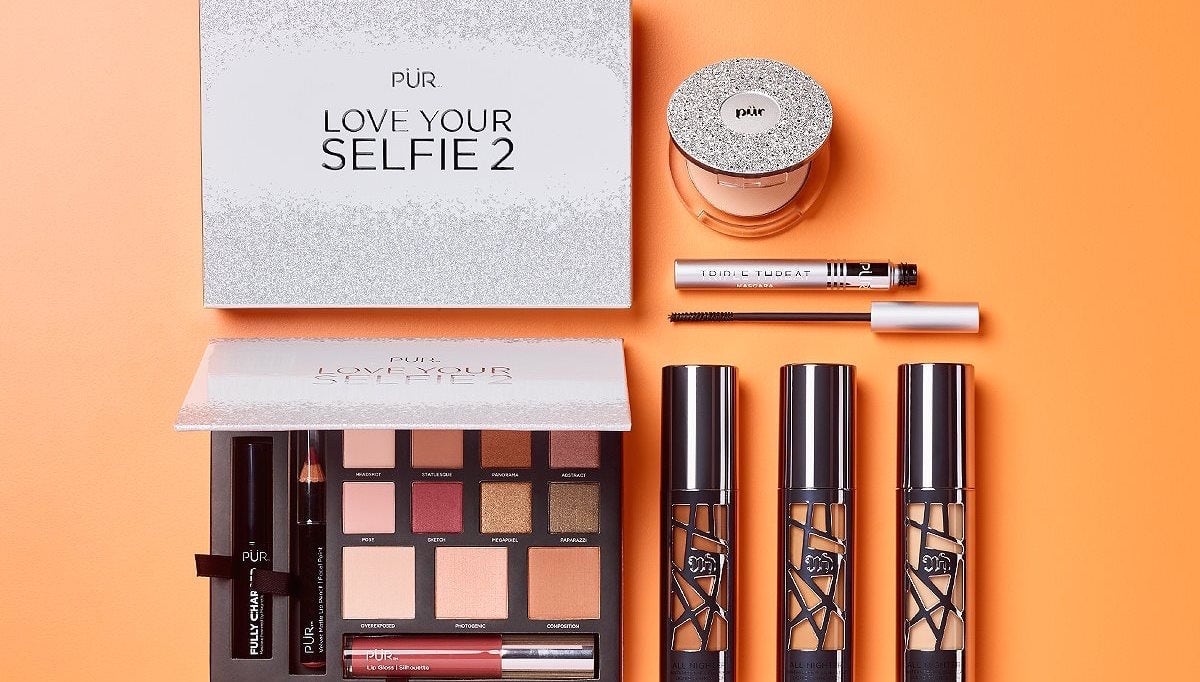
BOLINGBROOK, United States — In the Instagram era, where looking good on camera is more important than ever, one retailer has found a way to capitalise on the selfie craze.
Ulta Salon Cosmetics & Fragrance Inc., where women can buy a broad range of cosmetics and get their hair styled on site, was a rare bright spot in what was otherwise a disastrous 2016 for US retailers. Shares of the Bolingbrook, Illinois-based company surged 38 percent last year, about four times higher than the Standard & Poor’s 500 Index’s gain.
Ulta’s mobile app has a feature called Glam Lab that allows shoppers to take selfies and apply virtual makeup before they make a purchase. At its 950 stores, customers can also visit a professional skin therapist for “face mapping,” and get their eyebrows tweezed, trimmed and tinted.
“They are changing the way people shop as they have allowed people to buy both mass and prestige, as well as get salon, brow and other services which historically would have been done at multiple locations,” said Brian Yarbrough, an analyst at Edward Jones & Co. “No other retailer offers all three in the same spot.”
Because Ulta sells brands at all price points, it has the ability to capture market share from drug store chains and high-end department stores like Bloomingdale’s. Its format — combining a one-stop retail model with salon services — helped it overtake Sephora in 2015 to become the largest beauty-specialist retailer in the US, with a 27 percent market share, according to Euromonitor. Since it went public a decade ago, annual revenue has quadrupled to $3.9 billion.
Most of Ulta’s stores are located in suburban strip malls. At 10,000 square feet, they’re big enough to house a range of products, from Revlon Inc.’s $8 Almay liquid eyeliner to Estee Lauder Cos.’s $32 lipstick. The company is also opening urban stores half the size of its typical space, including its first Manhattan location this year.
‘Relatively Hip’
“They are relatively hip for a specialty retailer, and they have products you can’t get anywhere else if you want to be different,” said Seema Shah, an analyst at Bloomberg Intelligence.
Ulta’s success comes as US retailers are reeling from a shaky holiday season. Some of the industry’s biggest names, including Sears Holdings Corp. and Macy’s Inc., have said they would shut weak locations this year. Other companies have filed for bankruptcy or are considering it, including The Limited, once one of the most powerful chains in the mall industry.
Beauty-specialist stores like Ulta make up the second-fastest-growing US retail category in the past five years, with a sales gain of 48 percent, according to Euromonitor, a market-research firm. Off-price department stores ranked first, with a 74 percent increase, while sales of department stores fell 11 percent.
Ulta’s weapons include new brands and exclusive items that drive excitement among shoppers, said Shah. The company added 30 new brands in 2015 to reach more than 500. With 90 percent of sales coming from members of its loyalty program, Ulta is able to target customers and stock the products they want, chief marketing officer David Kimbell said in October.
Ulta has focused on boosting its premium products, such as Estee Lauder, which it sees as a critical piece of its growth strategy, the company said. Estee Lauder, which once relied mainly on department stores for sales, is expanding into specialty retailers, according to chief executive officer Fabrizio Freda.
New Paradigm
Ulta “has completely debunked the old notion that you were either prestige or mass,” Fabian Garcia, chief executive officer of Revlon, said in an interview. “The fact that Ulta challenged the old paradigm is a good enough proof that the world is moving.”
One of Ulta’s advantages is that 90 percent of its stores are located in outdoor shopping centres, rather than enclosed malls, whose department-store anchors are struggling with slow traffic and competition from Amazon.com Inc. Ulta, which opened its first store in 1990, is planning to add 100 a year, with a goal of eventually having 1,700 US locations. The chain is among one of the most common tenants that fill the spaces left vacant by bankrupt Sports Authority Inc., according to Bloomberg Intelligence research.
As the beauty retail industry continues to boom, Ulta will face rising competition from the internet and rivals such as Macy’s Blue Mercury beauty stores and J.C. Penney Co., which is investing in an in-store salon business. Ulta’s revenue has jumped at least 20 percent almost every year in the past decade, and such growth rate could be hard to maintain.
“There’s no way that sales are going to continue to run it,” said Yarbrough of Edward Jones. “At some point, they are going to slow and run out of square footage growth, but we think there’s still runway for a lot of growth.”
By Stephanie Wong; editors: Nick Turner, Mark Schoifet.



